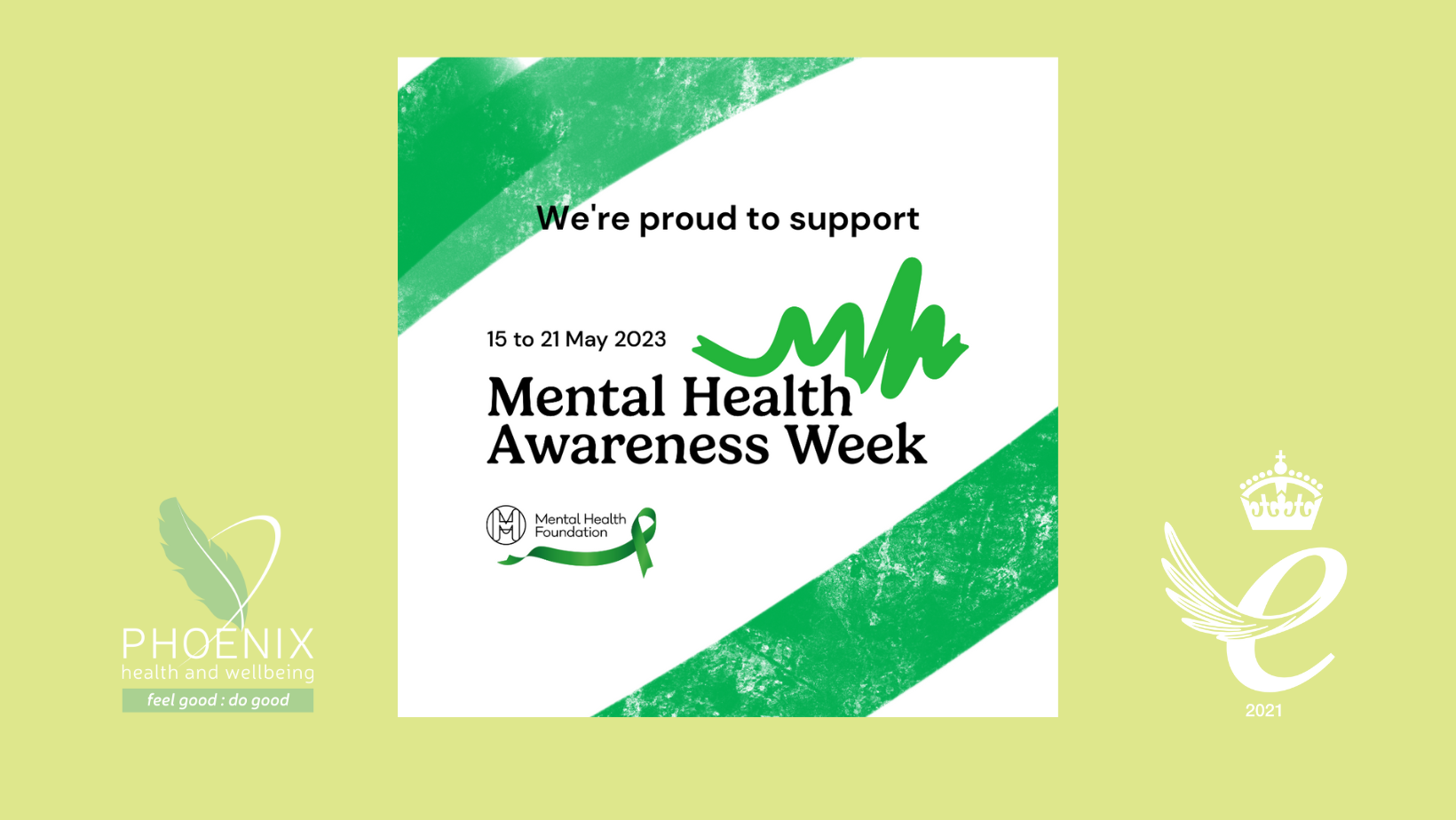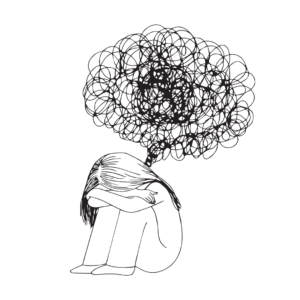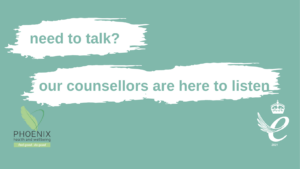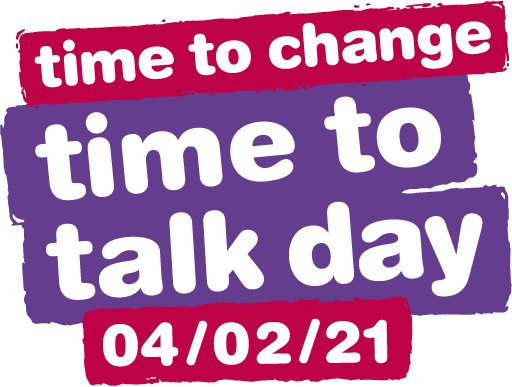
#mentalhealthawarenessweek2023 ANXIETY
Mental Health Awareness Week is spearheaded by the Mental Health Foundation. In 2023 Mental Health Awareness week runs from 15th May. The aim of the week is to get people thinking and talking about mental health to raise awareness and also hopefully improve the mental health of the nation.
The theme this year is anxiety

What is anxiety and how is it different to stress?
We have all heard the terms stress and anxiety. I’m sure that we have all felt anxious and stressed at times too, but do you know the difference?
Stress
This tends to be a short-term physical reaction. It occurs in response to a threatening situation. In short, our stress response involves certain physical changes in our body that are a reaction to the release of stress hormones. These hormones can speed up our heart rates, make us take short shallow breathes and change physiological functions.
We are designed to cope with short amounts of stress and our bodies can process these stress hormones if everything gets back to a clam normal state relatively quickly.
Anxiety
Anxiety is commonly thought of as the emotional reaction to stress. So, an unachievable deadline at work will cause the physical response of stress and we will feel anxious as a result.
When we feel stressed more often than not we know the cause. We know what is making us feel stressed. Sometimes we can cope with this stress. Anxiety tends to result from internal fears, for example a fear of what comes next. It can make you feel trapped, out of control and unable to think your way through a situation.
Another factor with anxiety is that there are usually several triggers at the same time. It is rarely the case that we are anxious about one thing. Using the work deadline analogy again….. I may be anxious about missing a deadline at work. I will also be anxious about the consequences of this. Will I get marked down by my manager? will I lose my job? if I lose my job how will I pay my mortgage? if I can’t pay my mortgage……………and so it goes on!
Here are five points to try to help you identify the differences between stress and anxiety
- Anxiety is often a reaction to stress
- Anxiety involves worrying about the future. Stress is usually more constant and present
- Anxiety is usually believed to be short-term and stress is thought to affect us more in the long term
- Anxiety is often rooted in personal fears whereas stress is often caused by external factors
- Anxiety is usually accompanied by feelings of being unable to cope or overwhelmed
What to do about stress and anxiety
1) Recognize the pattern
Don’t be ashamed about your stress and anxiety. Acknowledging these conditions or any patterns that trigger them can be the first step towards processing the emotion or facing the fear. If you simply push these feelings aside or head into denial you are more likely to add to the original problem.
2) Find what works for you
We are all individuals and what works to reduce my stress may not work for you. Try different techniques until you have your own anxiety and stress management tool kit
3) Speak to a counsellor
If your anxiety is deep seated and relates to experiences that happened in your past then speaking to a counsellor may help.
4) Prioritise – don’t multitask
It is far better to have a to do list and work through it an item at a time than to try to tackle every task simultaneously. Trying to do too much at once will leave you struggling with numerous unfinished projects and half-hearted attempts at tasks. This is where prioritising comes into play; make a list and decide what your priorities are and what you can realistically do and cannot do. Work your way through your list ticking off any completed items. This way you’ll not only manage your time better, but you’ll also feel better. By focusing on one item on the list at a time you are more likely to succeed and not end up with a list of half-finished items!
5) Practice mindfulness
Mindfulness aims to make us more aware of how we are thinking and feeling. It helps us to recognise that we are in control of our thoughts rather than our thoughts being in control of us. Mindfulness reduces symptoms of stress, anxiety, low mood and depression. FACT!
6) Most importantly – BREATHE
We know that part of the stress response is to take short shallow breaths. If you can reverse this and take calm, steady deep breaths then your brain will recognize that all is well and your stress response will reduce. Feelings of anxiety will also reduce as a result of a low or no stress response.
Easy and effective breathing technique
Close your mouth and quietly breath in through your nose, counting to four in your head. Hold your breath for a count of 1. Breathe out through your mouth, while counting to eight. Repeat three more times for a total of four breath cycles or as long as you want.
Get a blast of feel good hormones
Your feel good hormones won’t prevent stress and anxiety but they will lift your mood and help to counter the emotional negativity associated with anxiety. We covered various techniques in an earlier blog – take a look and try some feel good techniques
Phoenix Health & Wellbeing is a Charity and social enterprise. We use the proceeds of your treatment to subsidise those who would not otherwise be able to access our therapies. Roughly £4 to every £10 spent with us will go to help others.
If you would like more information about Phoenix Health and Wellbeing click here . If you would like to know more about our other therapies click here. For information on our charitable work follow this link or call us on 0113 234 0181
Opening times:
Monday to Thursday from 10:00 to 20:00
Friday and Saturday from 11:00 to 16:00
Sunday closed.





